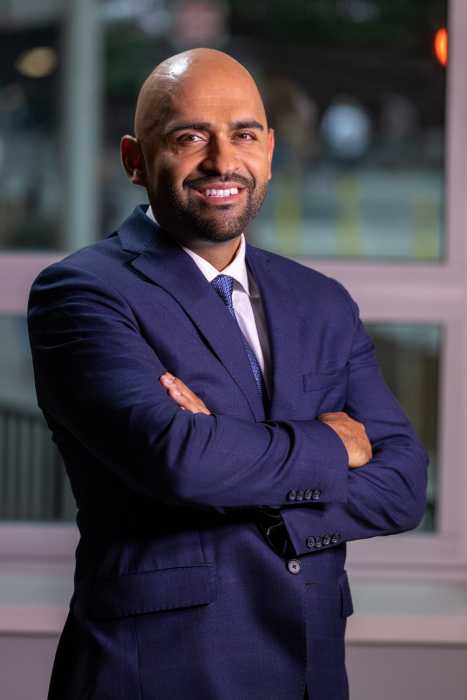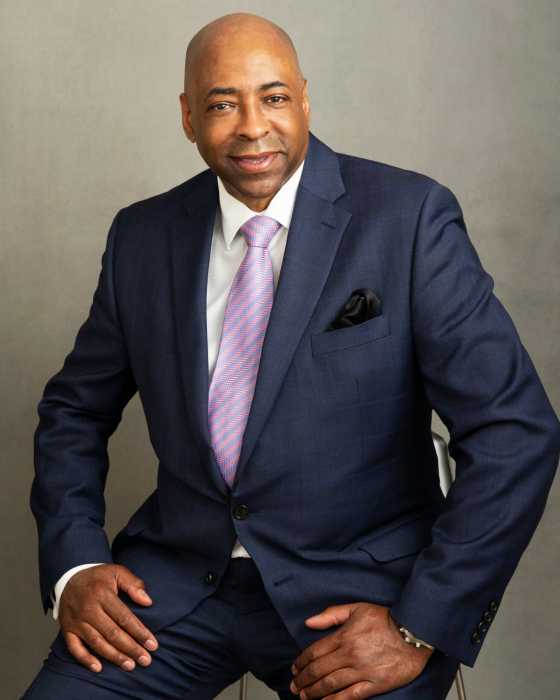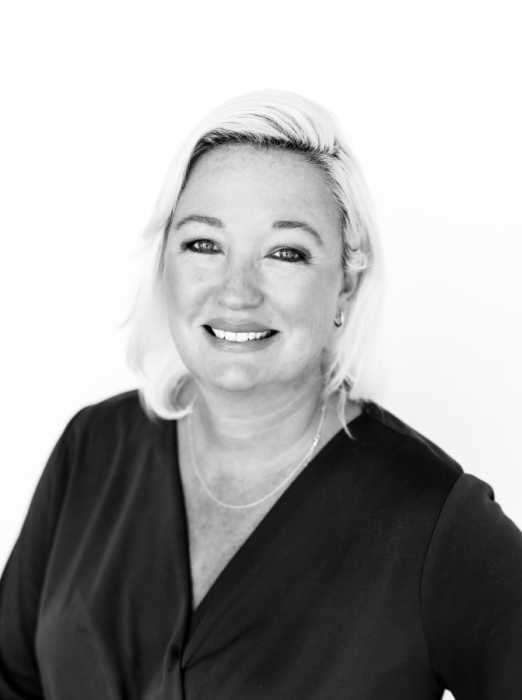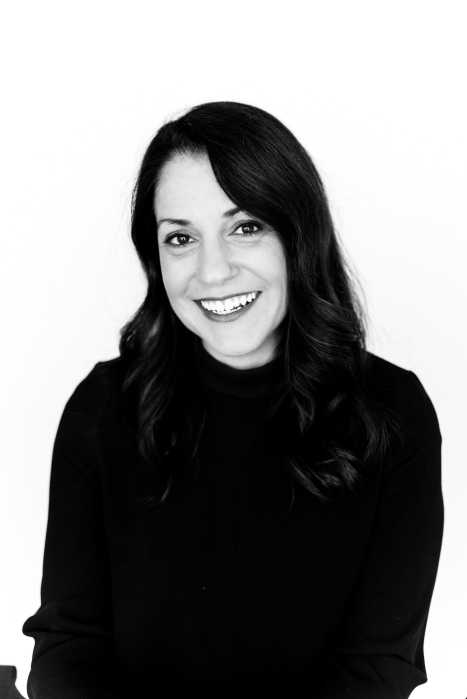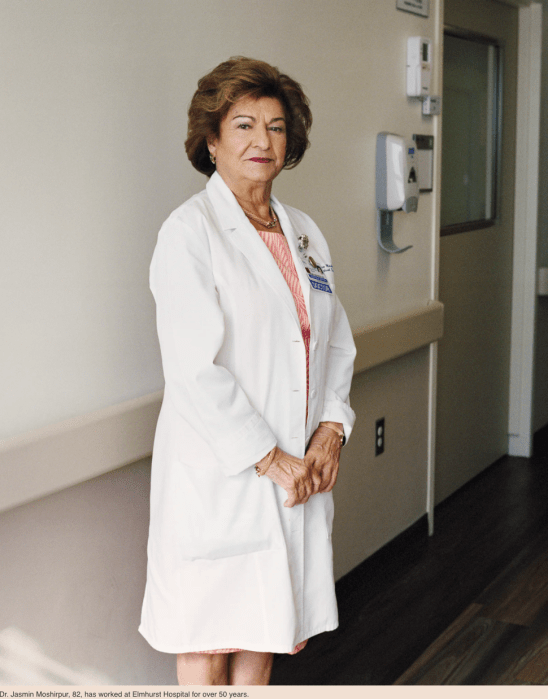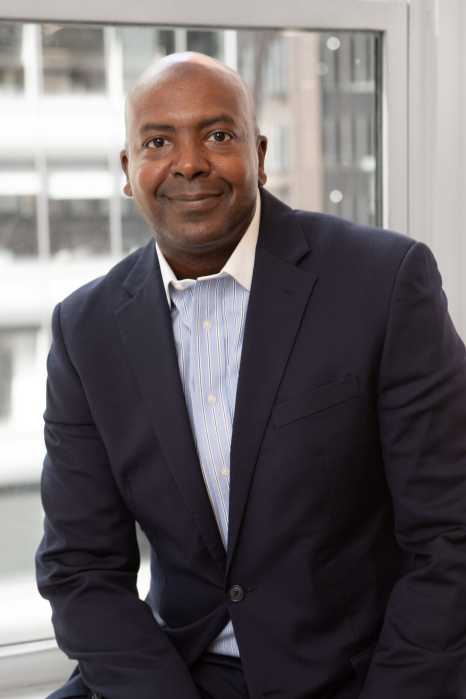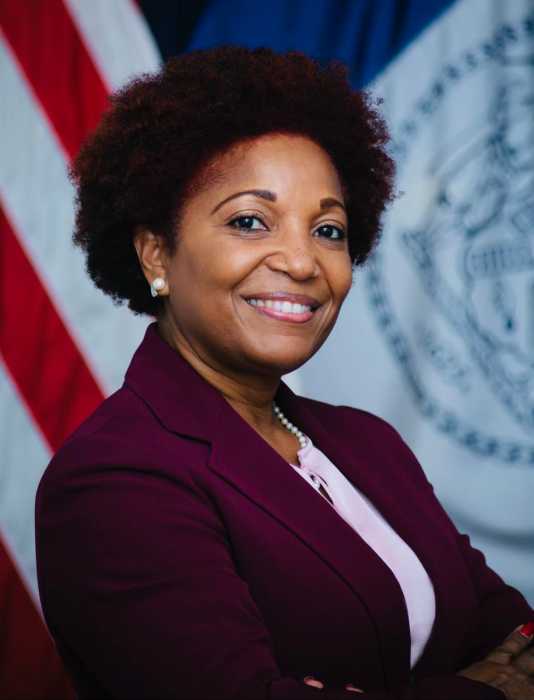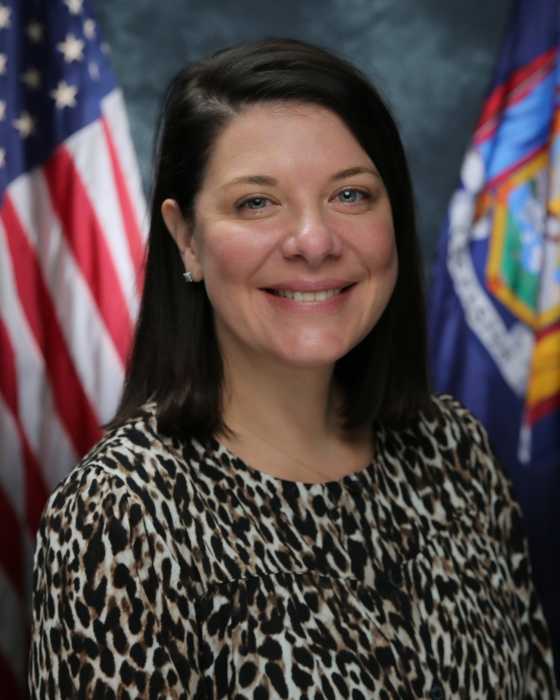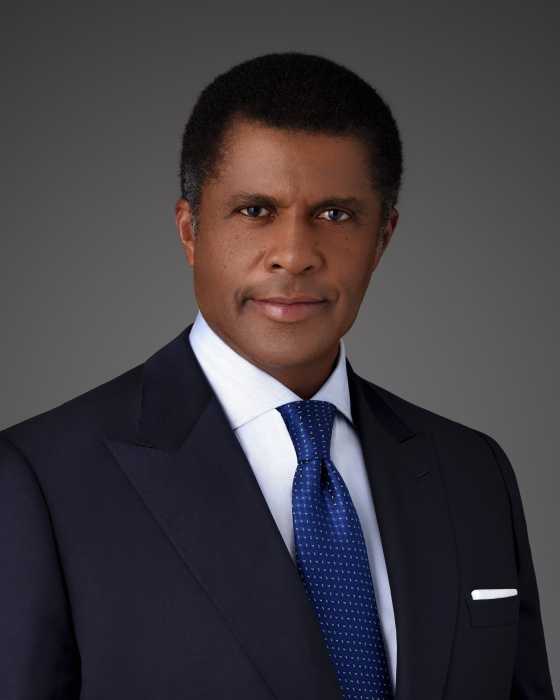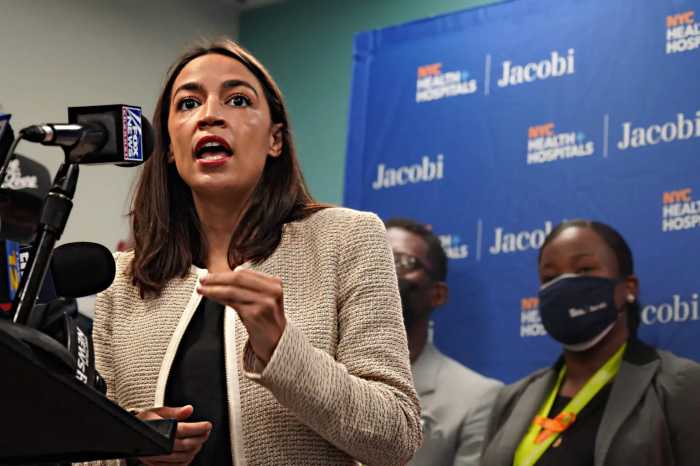Juan Mejia, MPH, is president of NewYork-Presbyterian Brooklyn Methodist Hospital, where he guides strategic direction and management of hospital operations, physician relationships and clinical services. Mejia joined NYP in 2003 and has held management roles with increasing responsibility ever since, serving recently as senior vice president and chief operating officer, NYP Lower Manhattan Hospital. He earned his Master of Public Health from Columbia University Mailman School of Public Health and his bachelor’s in physiological science from UCLA.
What influenced you to pursue a career in the health care field?
I have been interested in health care since childhood. Helping members of the community lead their healthiest lives inspires me every day. I believe this work impacts people in the most direct and essential way.
What is the biggest challenge currently facing New York’s health care system?
At NYP Brooklyn Methodist, our staff is our most important resource. My leadership team and I recognize that staying focused on staff retention and burnout is critical as we move forward into 2024.
How do you describe your position to people outside the health care industry?
My role is to lead our hospital team to deliver high quality care to the Brooklyn community. I am responsible for the strategic direction and management of NYP Brooklyn Methodist Hospital, including overseeing physician relationships and clinical services.
What can policymakers do to ensure equitable access to quality health care?
My hope is that policymakers continue to prioritize their focus on social determinants of health, removing barriers to access of necessary clinical care, and improving our patients’ ability to achieve positive outcomes from that care.


